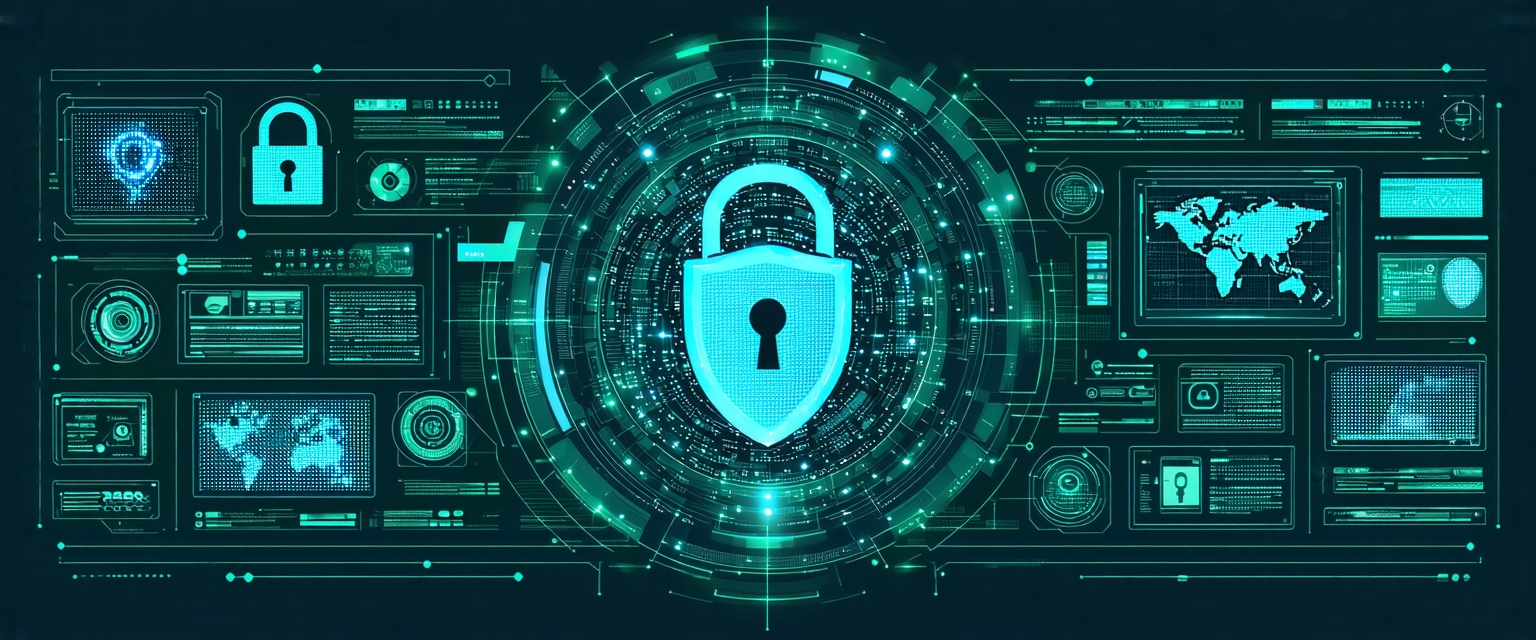






The cybersecurity landscape is constantly evolving, with new threats and defenses emerging daily. Recent advancements in artificial intelligence (AI) and the looming threat of quantum computing are reshaping the field, demanding innovative solutions.
Traditional cybersecurity methods, often based on signature-based detection, are struggling to keep pace with increasingly sophisticated cyberattacks. The sheer volume of data and the speed at which threats evolve necessitate a more intelligent and adaptive approach. This has led to increased investment and focus on AI-powered solutions.
Simultaneously, the development of quantum computers poses a significant long-term threat. Quantum computers have the potential to break widely used encryption algorithms, compromising sensitive data and systems globally.
Recent advancements in AI have led to the development of more effective threat detection systems. Machine learning algorithms can now analyze vast amounts of data in real-time, identifying anomalies and predicting potential attacks before they occur. Furthermore, AI is being used to automate security responses, improving efficiency and reducing human error.
In response to the quantum threat, researchers are actively developing post-quantum cryptography (PQC) algorithms. These new algorithms are designed to be resistant to attacks from both classical and quantum computers. Standardization efforts are underway to ensure widespread adoption of these secure alternatives.
These advancements are expected to significantly improve cybersecurity defenses across various sectors. Organizations will benefit from enhanced protection against sophisticated attacks, improved incident response times, and reduced operational costs. The successful development and deployment of PQC will ensure long-term data security in a post-quantum world.
However, the widespread adoption of AI and PQC also presents challenges. The need for skilled cybersecurity professionals capable of managing and maintaining these advanced systems is increasing. Furthermore, ensuring the ethical and responsible use of AI in cybersecurity remains a crucial consideration.
Future developments will likely focus on further refining AI-powered security solutions, improving their accuracy and efficiency. Research into PQC will continue, with a focus on standardization and practical implementation. Collaboration between researchers, industry, and governments will be crucial to addressing the evolving cybersecurity threats.